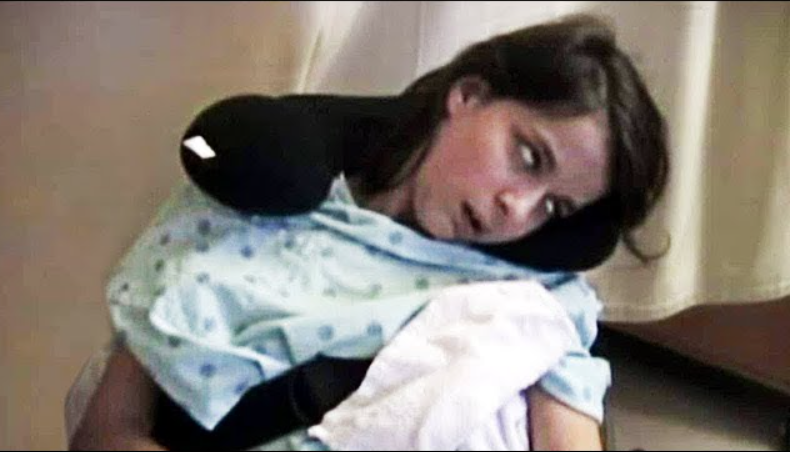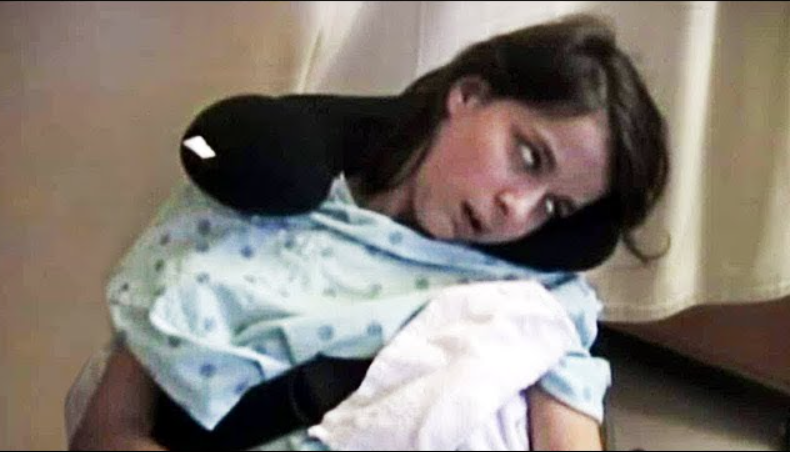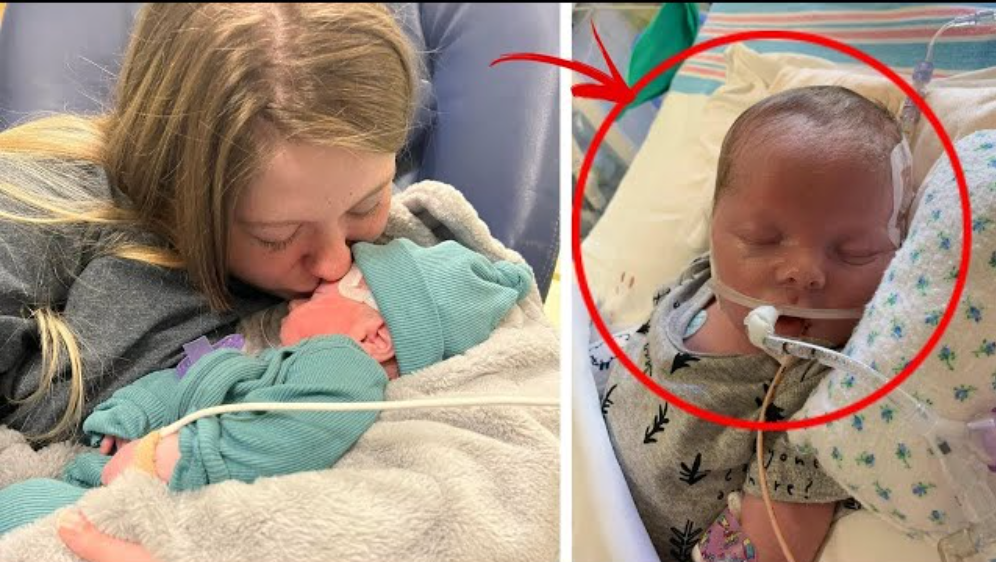Family Thinks Daughter Is Brain Dead 4 Years Later, No One Was Prepared For Her First Words

Victoria Arlen, who was born a triplet along with two brothers, was a hopeful and energetic youngster who loved to dance and was extremely talented at sports. That all took a turn when she was 11 years old after developing flu-like symptoms and fainting several times.
Her health continued to deteriorate as her family was forced to watch helplessly. Severe inflammation of her brain and spinal cord destroyed her life, and within weeks she slipped into a coma. Eventually, Victoria lost the ability to communicate. She was locked inside her own body where she would remain a prisoner for years.

Mentally, she was unable to move her body. She could listen to conversations around her and wanted to react, but her body would not obey her commands. Victoria had no way of telling people what was happening to her. As if someone had flipped a switch, she could not control her body, but she was there, listening, unable to respond. She heard doctors tell her family that she was effectively brain dead and would be a vegetable for the rest of her life. They were wrong, and shockingly, no one can tell you that better than Victoria herself.
But my parents believed in me. They set up a hospital room in our house in New Hampshire and took care of me, my three brothers (I’m a triplet), and we have an older brother. They talked to me and kept me in the know about what was going on outside of my room. They empowered me to fight and get stronger. They didn’t know I could hear them, but I could, Victoria said according to ESPN.
Nearly four years after slipping into a coma, Victoria was entirely out of her vegetative state. Her remarkable recovery began after she was finally able to make eye contact with her mother and blink on command. Then she was able to move a finger, which progressed to waving her hand as she slowly regained control over her body. She even began eating, and eventually, she began to talk again, first forming single words, then whole sentences.
Despite her incredible recovery, there was still one thing she couldn’t do. Victoria was told that the swelling to her brain and spinal cord had caused permanent damage, paralyzing her from the waist down forever. She couldn’t move her legs, and specialists continuously told her to get used to being in a wheelchair.
Once again, Victoria proved she had the willpower few others could even imagine as she fought to overcome impossible odds. But it wasn’t easy. She faced struggles and even bullying as she returned to school, just like before. However, Victoria found the turning point she needed. No stranger to water, Victoria had grown up near a lake, learning to swim at an early age. She had even been part of a swim team, taking part in competitions prior to her coma. However, without the use of her legs, Victoria feared she would never swim again.
Thankfully, her brothers thought differently and threw her into the family pool. Although she was initially terrified, it was just what she needed. To her delight and surprise, she was a strong swimmer, and she was freed from her chair when in the water. With that freedom, she found the confidence she’d been missing and went on to become part of the U.S. team, competing in the 2012 Paralympic Olympic Games, where she took home three silver medals and one gold in the 100-meter freestyle, in which she even set a new world record.
Her achievement thrust Victoria into the spotlight. She was invited to speak as a lecturer and began to tell her story to reporters, captivating audiences. Still, she was bothered by her wheelchair. So she and her mother temporarily moved to San Diego so Victoria could participate in the Project Walk program, which helps paralyzed people regain the ability to use their legs.
But of course, Victoria missed home. Even though specialists remained skeptical, and one doctor even told her parents that he wouldn’t mortgage his house to bet that Victoria would ever be able to walk again, that’s exactly what they did. In order to afford to open a Project Walk Boston, Victoria, held in a harness above a treadmill with two coaches helping her move her legs, took her first small steps six years after she first woke up.
It was no easy feat, but she didn’t stop there. She got up and trained for hours every single day to reach her goal.
Because of her determination, she was eventually able to walk with crutches, later ditching the assistive devices and walking independently. Walking is still challenging, and I still have significant impairment, she explained, but my struggle is now less visible.




